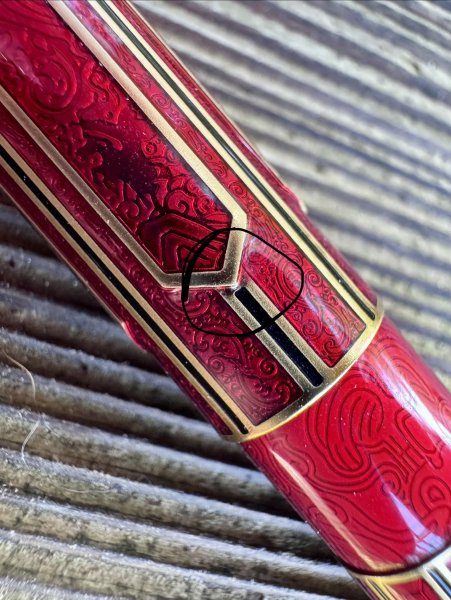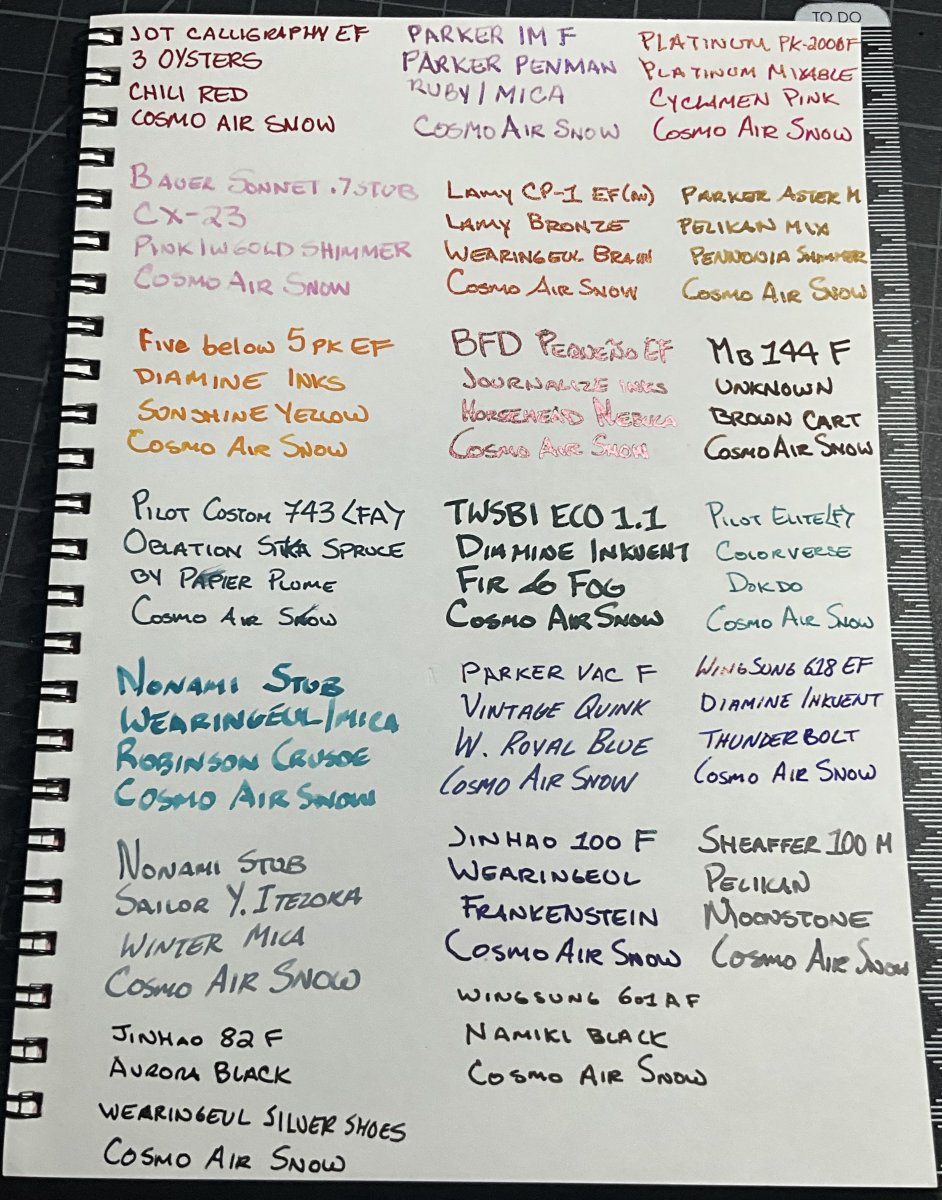A Poem A Day
-
Forum Statistics
357.7k
Total Topics4.7m
Total Posts -
Member Statistics
130,312
Total Members21,671
Most OnlineNewest Member
TeaAndInkKate
Joined -
Images
-
Albums
-
Chinese Pens 2025 dc
- By Dan Carmell,
- 0
- 0
- 103
-
My Calligraphy and artwork
- By Mark from Yorkshire,
- 0
- 0
- 16
-
Ink testing pages 2025
- By Penguincollector,
- 0
- 0
- 86
-
Perfect!
- By A Smug Dill,
- 1
- 8
-
Misfit’s 8th album
- By Misfit,
- 0
- 0
- 13
-


















.thumb.jpg.f07fa8de82f3c2bce9737ae64fbca314.jpg)










Recommended Posts
Create an account or sign in to comment
You need to be a member in order to leave a comment
Create an account
Sign up for a new account in our community. It's easy!
Register a new accountSign in
Already have an account? Sign in here.
Sign In Now